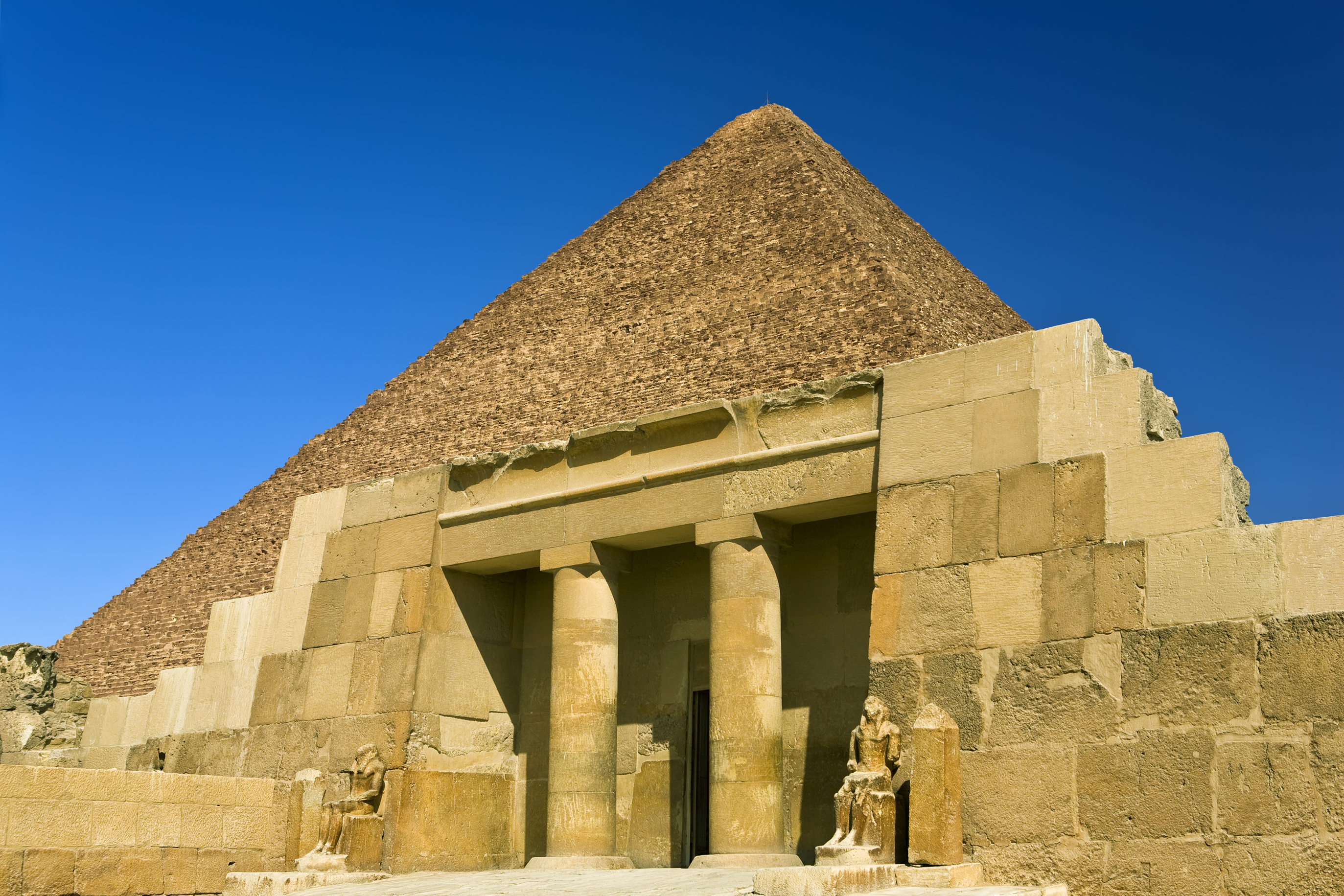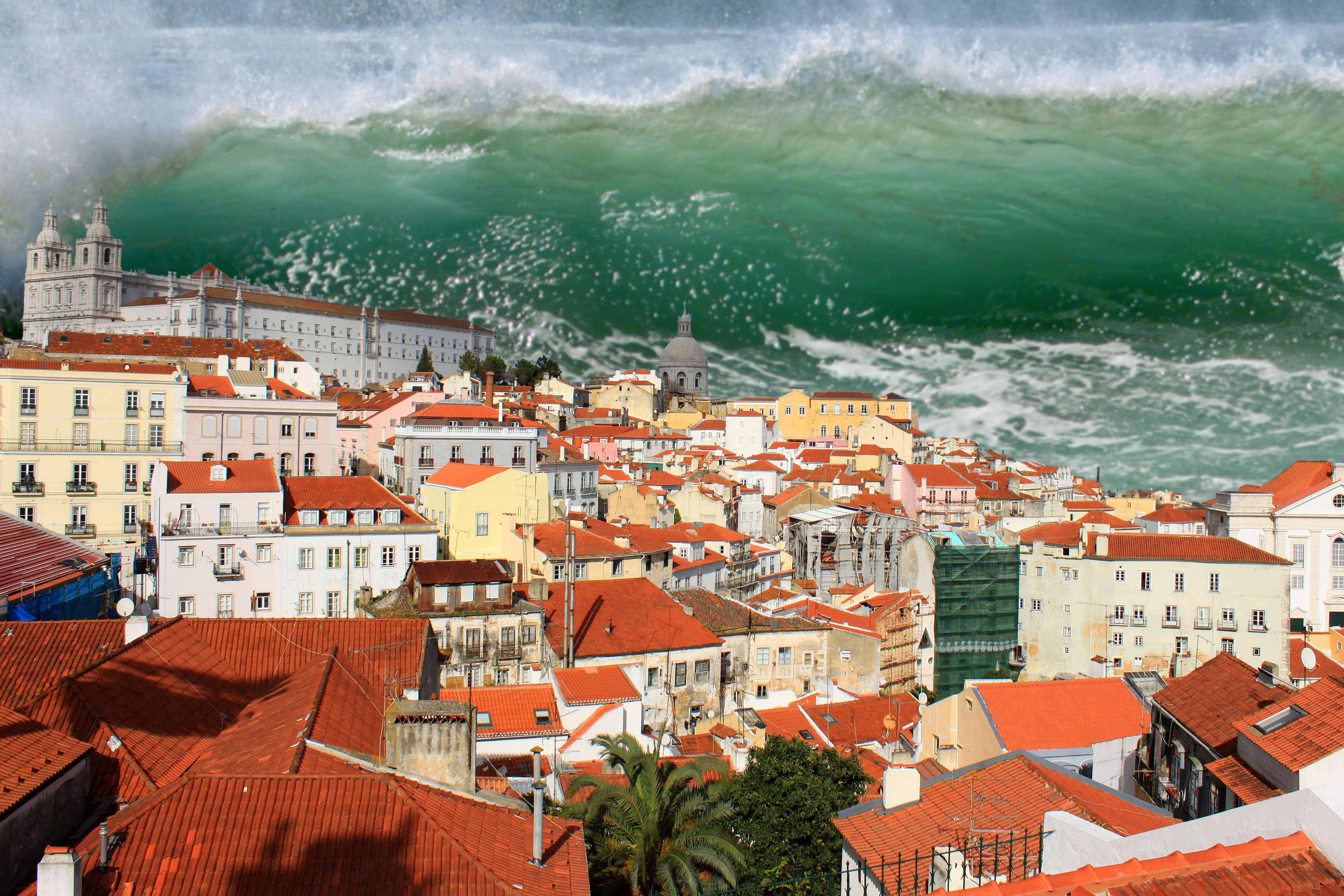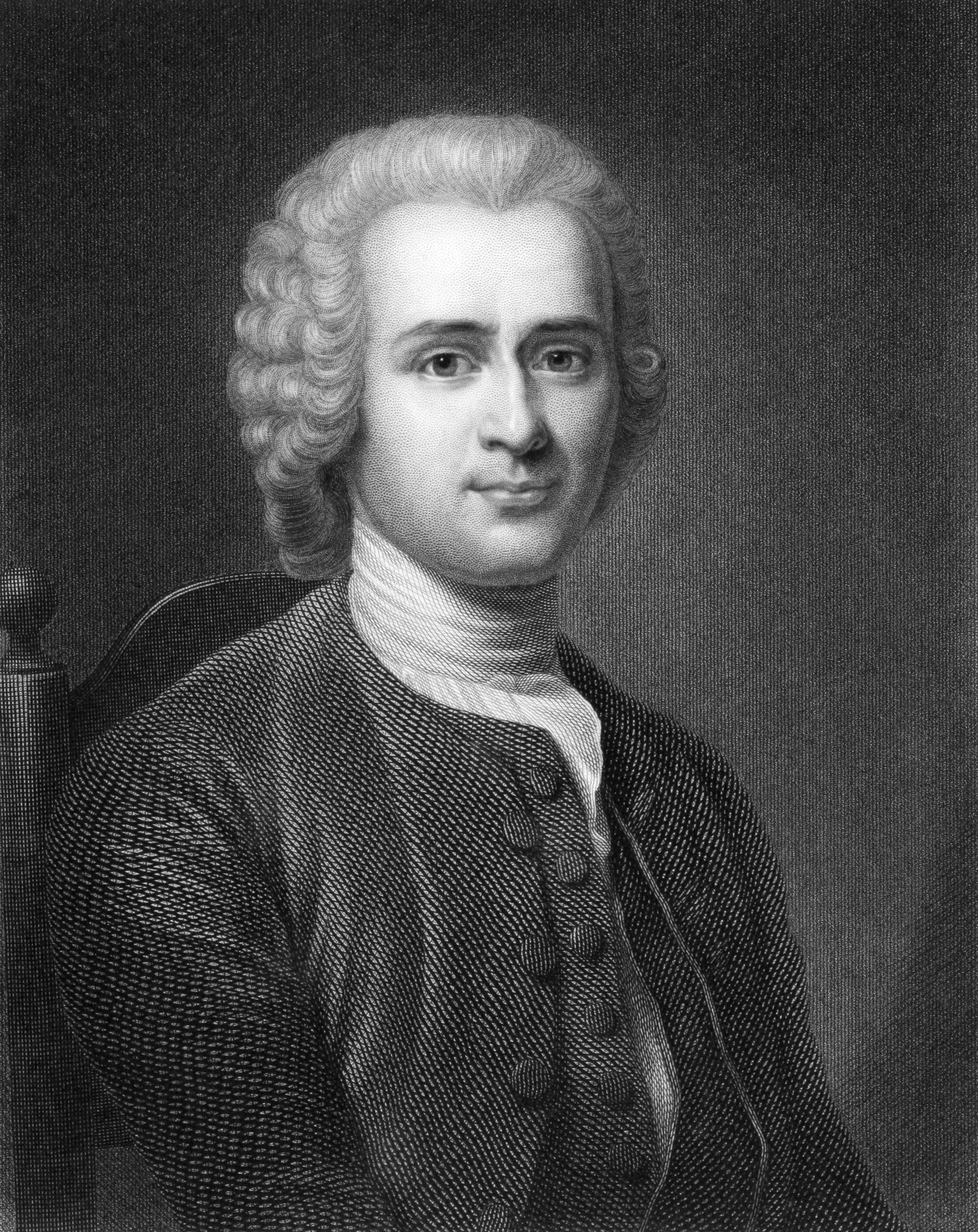N.B. Some of what follows was sourced from a blog I maintained many years ago called The Rambler. Portions of it have been updated, but the kernel is the same. It was, in fact, my time writing for The Rambler that kindled my interest in the secular sublime, and awoke me to the possibility of a contemporary wisdom tradition that did not disappear into psychologism.
Mountains are on the move. The oceans are growing. Vast shelves of ice are phase shifting. The world is unstable, and has always been, but for thousands of years it did not appear so to us. We’ve come of age in the relatively stable Holocene era, roughly equivalent to the last 12,000 years. We were only about 40,000-years-old when the Holocene began with Gaea’s awakening from another of her hibernal naps, flinging green here and there, buttressing the valleys and snake charming the weather. During our infancy, our sciences primarily consisted of plant distillations and astronomical observations. Tethered to the stone-age technology of its era, we were, for the most part, stuck in the ever-wounded present–with its slow but perpetual bleeding into memory and death. When things began to warm up, however, we expanded the present through stoneworks and logograms, and that’s what we’ve been doing ever since: for the last 12,000 years, expanding the present, adding rooms and floors, decorating the walls, putting down carpets. Great works of stone stretch the present’s shadow out over thousands of years, and the signification of ideas stretch it even farther. Gilgamesh, Moses and Osiris all watched the pyramids grow from gawky mastabas into powerful craft for navigating the afterlife. Their stories are older than stone. Their lives longer than rivers.

Egypt. Cairo - Giza. The entrance of the mastaba of Seshemnufer IV (late 5th Dynasty) and the Great Pyramid in the background.
Photograph by Witr
Indeed, it doesn’t seem absurd to suggest that all of our great early works, both fictional and factual, helped in one way or another to deal with the ever-disappearing present. There goes the king down the rabbit hole. And there goes my mother. There goes my brother, my sister and lover too. We wanted more. More life. More love. And who can blame us? The trees are grand down here. And laughter. And the first quick of a long to be satisfied desire. But now that “more” fits in your back pocket, and can be moussed around your home (screen) picture-in-picture style, it has become slight. Endless entertainment has stretched us silicon wafer thin. But I’m not the first by several centuries to worry over entertainment’s consequences. In Politics and the Arts, Letter to M. D’alembert on the Theatre, written in 1758, Rousseau has the following to say about entertainment: “I see immediately that the theatre is a form of amusement; and if it is true that amusements are necessary to man, you will at least admit that they are only permissible insofar as they are necessary, and that every useless amusement is an evil for a being whose life is so short and whose time is so precious.” From there Rousseau goes on to a complicated argument against the establishment of a theatre in Geneva. He claims a society that is morally vulnerable has too much to lose by spending so much money on titillation. He does, however, also argue that a society that was stalwart in its virtue–say Athens circa 600 BC–would do well to have a theater, since it provides the necessary shade from all that intellectual wattage.
“…ever more ill prepared by our entertainments for the truth that our most enduring nations, and even our scientific creeds, are just primary colors on an unstable sphere.”
The argument is an early attempt to come to terms with entertainment’s power to shape society, which is something of particular interest in our cracked-out media mall of a civilization. Subtly, Rousseau is laying the groundwork for his later arguments, which advocate a return to an agrarian lifestyle. Theaters, he laments, are a sophisticated diversion. They require taxation of a large population, a bureaucracy to manage them, and actors whose sole occupation is to pretend to be things they are not–if you haven’t guessed, Rousseau wasn’t a big fan of actors. Rousseau came to believe that the grand project called the Enlightenment was a mistake–a big mistake. And since this is the first installment of “Drunk in America,” I’m going to cut my scholar’s corset, and boil his conviction down to something true but incomplete. A tsunami. Specifically, the earthquake and tsunami that devastated Lisbon in 1755–a devastating reminder of the present. Now, it’s of course true that Rousseau was well on his way to a proto-Romantic philosophy before the earthquake. He had written Discourse on Inequality in 1754, which laid out his description of man’s natural state, taking aim at that British curmudgeon Hobbes, who said that the lot of man would be “nasty, brutish and short,” if it weren’t for civilization. Rousseau said, “Nuh-uh, man would be happy without civilization, as long as there weren’t any actors, and women stayed in the kitchen”–he wasn’t big on women either. The destruction of Lisbon added weight and conviction to his arguments.

Giant tsunami about to crash in Lisbon.
Photograph by GVictoria
Somewhere between 60,000 and 100,000 people were killed in the city alone, most while attending mass, not to mention the destruction of several prominent cathedrals and an entire population in disarray. Rousseau believed that if man returned to an agrarian state, in diffuse and loosely knit affiliations, then tragedy’s scale would fall proportionately. Anatomical densities squeeze venality to the surface, he thought. Cities create artificial desires, low ambitions, and secure inequality for the vast majority. Rousseau wanted to turn back the clock. Shrink the present. Draw back the cities and the expansive network of conceptions that were quantifying the universe. It seems a strange idea to us, as deeply ensconced as we are in the bureaucracies of the imagination that undergird our history, that there was a time when it might have gone another way. I’m not talking about Rousseau here–by the time he was writing, the European machine was firing on all cylinders. I’m talking about the roughly 40,000 or so years we were wandering the steppes of the world and milling about its waterways without a metropolis in sight. The stars must have been something to see then, the forelands of flowers. Battalions of water buffalo meandering across a busy plain. The cherry trees without number, all dark and spotted with snow. And here and there, among the wilds, a clan of upright hairless apes, more clever than the rest, carving gods out of alabaster, boffing for delight, and inventing sounds that mimicked the trill of bird songs. That was Rousseau’s eden; it wasn’t biblical, but it was paradise. Not a paradise free from want, but a paradise of freedom to want.
Rousseau’s arguments gained a lot of traction after the Lisbon disaster, which probably had as much effect on the trajectory of Europe as did the Holocaust almost 200 years later. What was solid and reliable became shaky and prone to failure. From the church to the direction of philosophical inquiry, nothing was untouched by the disaster. The present had been shaken. Its walls brought down. The trajectory of the great Western ascension vectored earthward, towards the same grave we labored to forget. And how much larger the grave when dug by a million men, by a million ideas, by a present that stretches from Abraham to the Second Coming.

Jean-Jacques Rousseau. Engraved by R. Hart. 1833.
In 1755 the European intelligentsia discovered the same thing that the Japanese discovered on March 11th, 2011, that all peoples discover when faced with nature’s mercurial spasms. There’s no shelter. Not in ideas. Not in things. Nature offers no quarter. Build a levy, design a warning system, seismically reinforce your reactors, and nature scatters it about like so many discarded Lincoln Logs. The idea of an earthly paradise strains credulity, but it’s still useful to remember that man’s destiny is an accumulation of weather patterns, a spike in global mean temperatures, a mercy of the ocean and a kindness of rock. Ours is not the material work of a heavenly order, nor the teleological triumph of reason. The earth heaves and we quake, ever more ill prepared by our entertainments for the truth that our most enduring nations, and even our scientific creeds, are just primary colors on an unstable sphere.

0 Comments